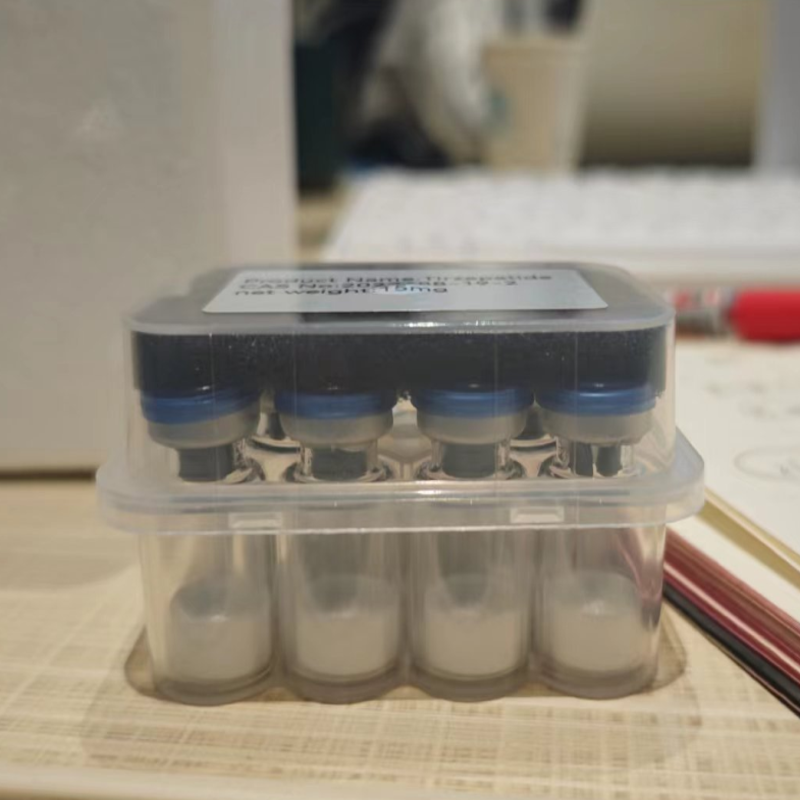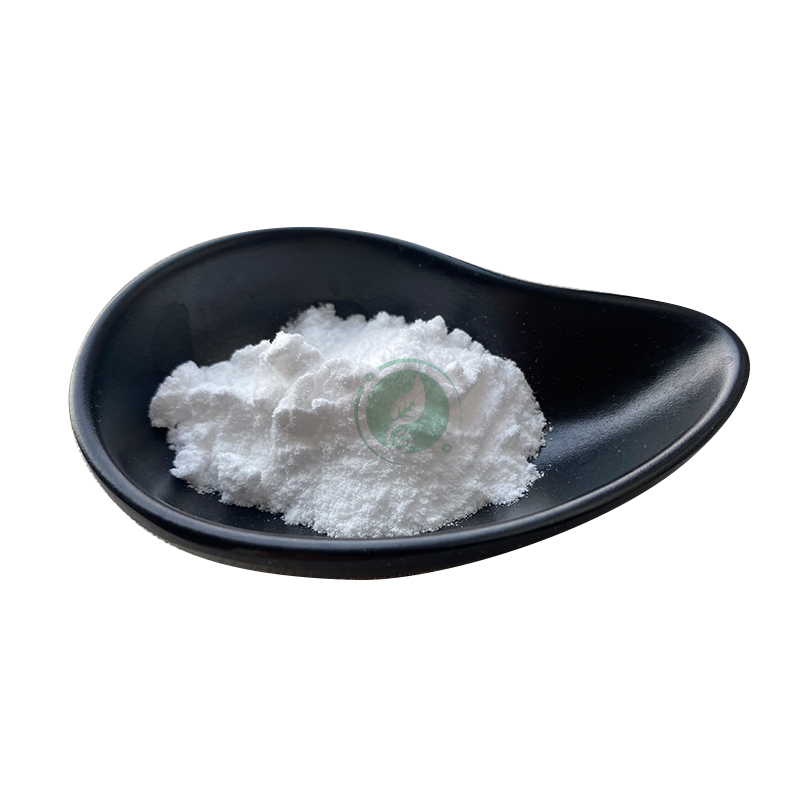-
Categories
-
Pharmaceutical Intermediates
-
Active Pharmaceutical Ingredients
-
Food Additives
- Industrial Coatings
- Agrochemicals
- Dyes and Pigments
- Surfactant
- Flavors and Fragrances
- Chemical Reagents
- Catalyst and Auxiliary
- Natural Products
- Inorganic Chemistry
-
Organic Chemistry
-
Biochemical Engineering
- Analytical Chemistry
-
Cosmetic Ingredient
- Water Treatment Chemical
-
Pharmaceutical Intermediates
Promotion
ECHEMI Mall
Wholesale
Weekly Price
Exhibition
News
-
Trade Service
2,6-Dichloro-3,5-dimethoxyaniline, commonly referred to as DCMU, is a chemical compound that is widely used in the production of various chemicals and dyes.
It is also used in the production of agricultural chemicals and pharmaceuticals.
DCMU has been subject to much scrutiny due to its potential health and safety risks, particularly for workers in the chemical industry.
DCMU is known to be a toxic substance, with exposure known to cause a range of health problems.
The most common effects of exposure to DCMU include skin irritation, respiratory problems, and an increased risk of cancer.
Furthermore, DCMU is classified as a Category 2 carcinogen by the International Agency for Research on Cancer (IARC), meaning that it is possibly carcinogenic to humans.
In addition to the health risks associated with DCMU, there is also the potential for environmental contamination.
DCMU is highly soluble in water, and can easily leach into groundwater, which can cause serious problems for nearby ecosystems.
Despite the known health and environmental risks, DCMU is still used in the production of a wide range of chemicals and products.
As a result, workers in the chemical industry are at a high risk of exposure to this toxic substance, which can have serious consequences for their health and well-being.
To mitigate the health and safety risks associated with DCMU, it is important for companies to implement strict safety measures.
This includes providing proper protective equipment to workers, such as gloves and respirators, and ensuring that workers are properly trained on the safe handling and use of DCMU.
Companies should also regularly monitor workers for signs of exposure and provide appropriate medical treatment if needed.
It is also important for companies to take steps to minimize the environmental impact of DCMU.
This includes implementing effective waste disposal procedures, as well as taking steps to prevent leaks and spills of DCMU into the environment.
In addition to the measures that companies can take, it is also important for governments to regulate the use of DCMU and other toxic chemicals.
This includes setting strict standards for the handling and disposal of DCMU, as well as providing training and resources to companies to help them safely handle and use this chemical.
In conclusion, 2,6-dichloro-3,5-dimethoxyaniline, commonly known as DCMU, is a toxic chemical that poses serious health and environmental risks to workers in the chemical industry.
While companies can take steps to minimize these risks, it is also important for governments to regulate the use of DCMU and ensure that it is used safely and responsibly.
Ultimately, the safe handling and use of DCMU is crucial to protecting the health and well-being of workers and the environment.







